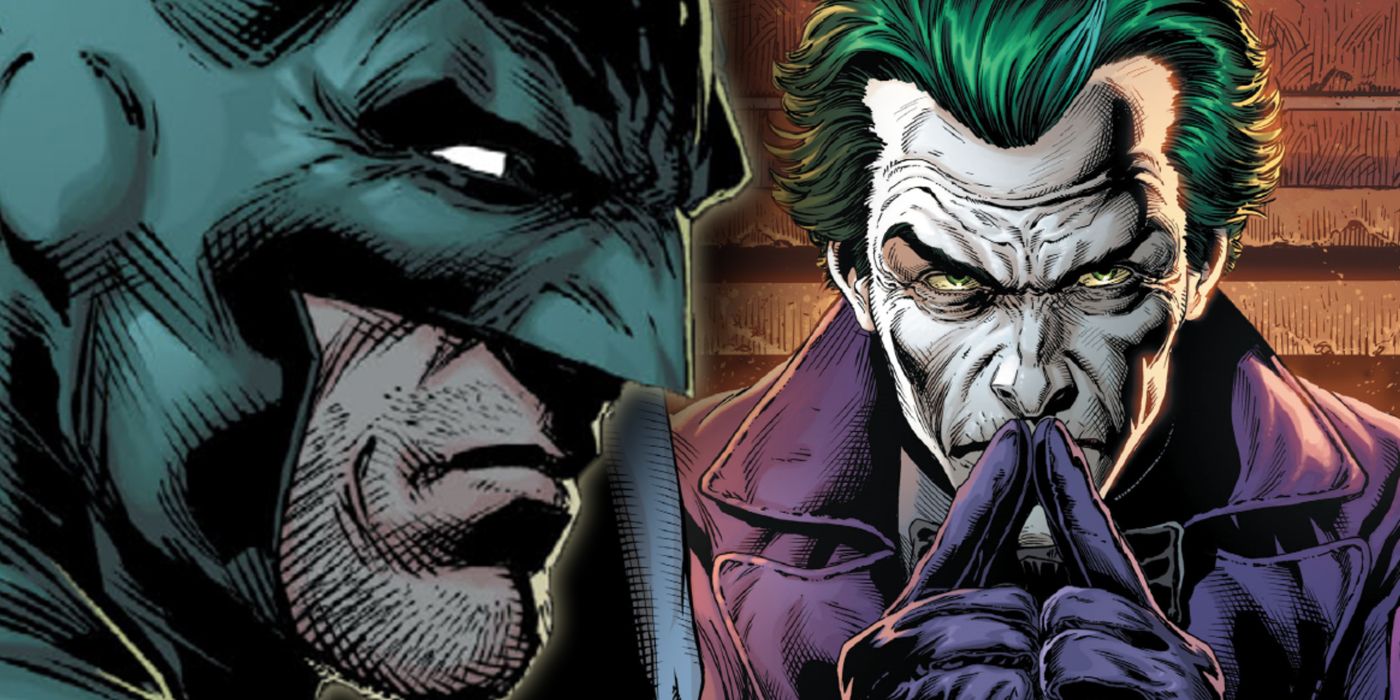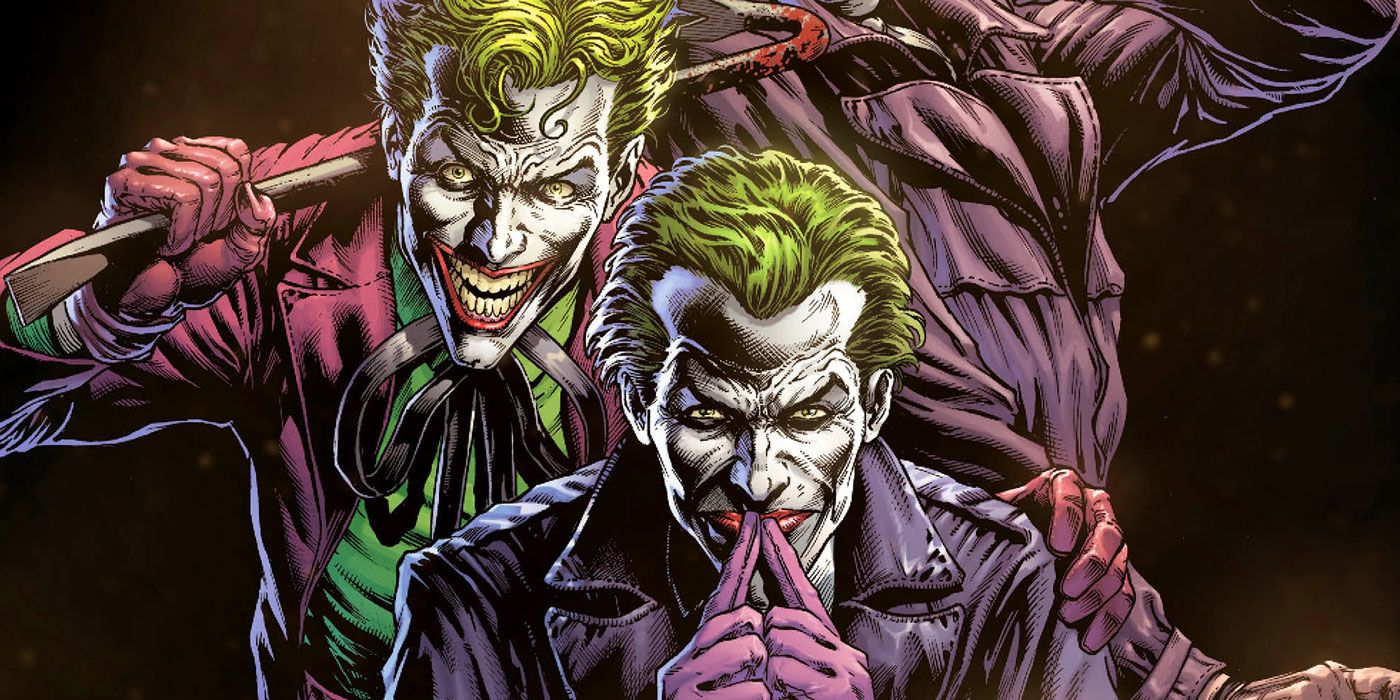Years in the making, Geoff Johns and Jason Fabok's long-awaited DC Black Label miniseries Batman: Three Jokers has finally launched, as Batman and his closest allies investigate the troubling news that there are multiple villains that have haunted them over the years the Clown Prince of Crime. As a huge sales success for DC, Three Jokers appears to have largely delivered on the hype behind its lengthy development time. However, the title is being published under DC's mature readers banner, which has a growing library of titles that exist outside of the main continuity of the DC Universe. Now, the big question is if Three Jokers will ultimately be considered part of the overall canon.
The origins of the three-issue miniseries are very much rooted in DCU canon, during Johns and Fabok's previous collaboration in 2015's Justice League: Darkseid War. After gaining access to Metron's powerful Mobius Chair, Batman attempted to use its cosmic awareness to learn the true identity of the Joker only to be shocked when it informed him that there were actually three incarnations of the villain. This revelation survived the DCU's transition from the New 52 to the DC Rebirth era, with the Dark Knight still seen investigating the mystery of the multiple cackling killers in the publishing initiative's earliest days back in 2016.
In the ensuing years following these teases, DC launched its Black Label publishing imprint in the interim, with the new line focusing on miniseries taking place out of continuity to give its all-star creative teams additional freedom in crafting stories featuring DC's iconic characters, including Scott Snyder and Greg Capullo's Batman: Last Knight on Earth and Frank Miller and John Romita, Jr.'s Superman: Year One.
However, DC noted that classic, creator-driven stories that were in continuity were thematic inspirations behind Black Label, with classic collections, including Miller and David Mazzucchelli's Batman: Year One were retroactively added to the Black Label line for future published editions.
And despite the change in publishing imprints, there has never been anything explicitly binding about all Black Label stories having to be outside of the main canon. Prior to Three Jokers' launch, Fabok revealed that he and Johns had intended for the story to be its own thing yet have far-reaching implications to the overall canon if permitted by DC, based on reader response once the miniseries reaches its eventual conclusion. The creative team has openly talked about the story being directly inspired by Alan Moore and Brian Bolland's Batman: The Killing Joke, with the 1988 original graphic novel introduced as a standalone tale before positive response led it to be incorporated into the main DCU canon in the months that followed.
While it may seem like something of a cop-out, Three Jokers both exists in and out of DCU continuity, with its origins firmly introduced at the end of the New 52 and launch of DC Rebirth, while not impacted by current storylines as its own, largely autonomous narrative. Should it continue to be embraced by the wider fandom as the series builds to its climactic conclusion this October, there is a strong chance that at least elements of Johns and Fabok's story will reverberate in the post-Death Metal landscape, including the shocking fallout from its eventual ending teased by Fabok.
As it currently stands, Three Jokers stands separated from the main DCU despite its origins, but don't be surprised if its impact spreads into the canon once the dust from the Dark Knight's latest showdown with the Clown Princes of Crime begins to settle.


